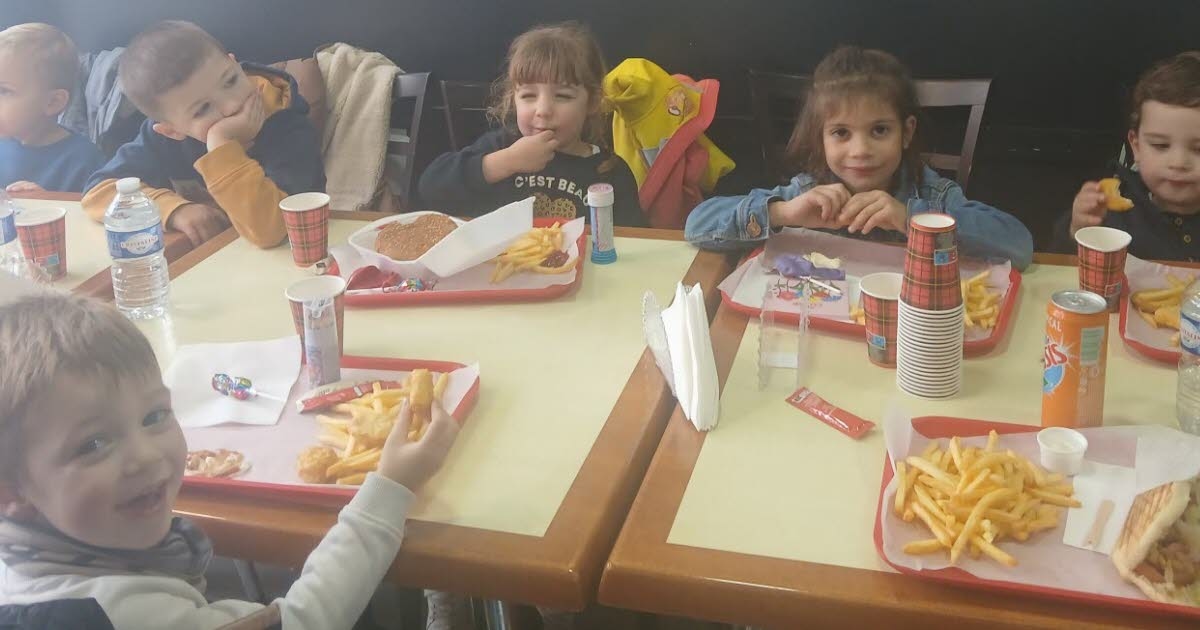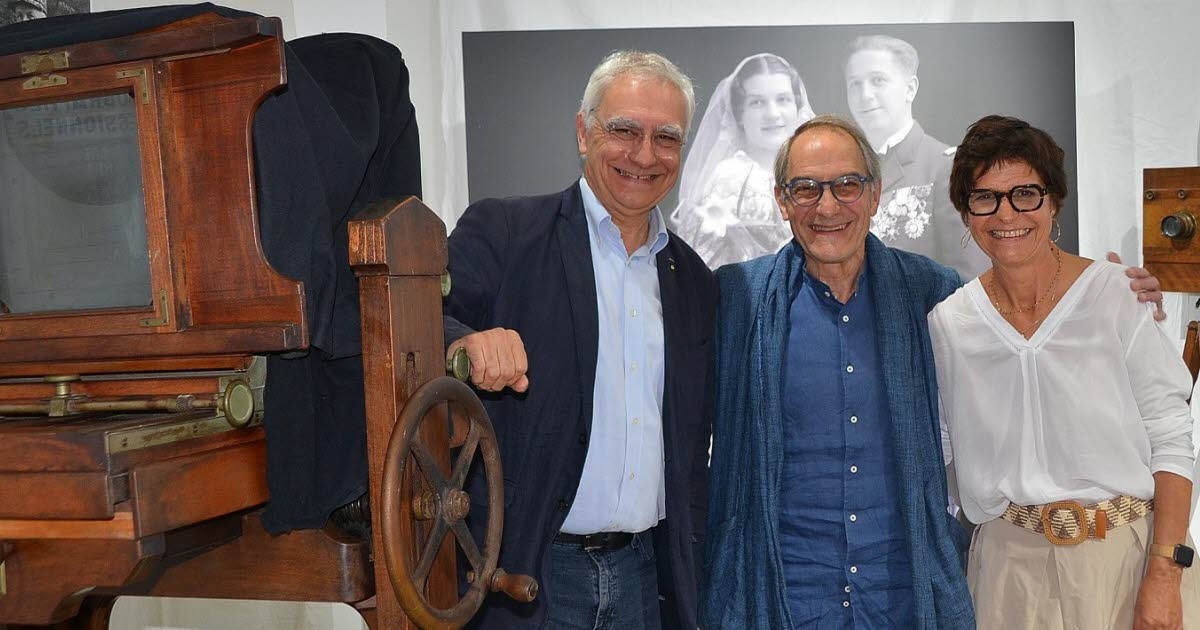A New Movie Tries to Adapt One of Our Most Popular Novelists—and Biffs It Completely

Colleen Hoover's extremely popular books have plots chock-full of improbable interpersonal situations that make people say things like “this is bonkers!” or “this is psychotic!” Now, another one of these bestsellers—2019's Regretting You —has come to the big screen, attempting to repeat the success of last year's adaptation of It Ends With Us . It's got viewers who wouldn't touch one of her many blockbuster romance novels and thrillers hate-watching and scoffing once again. “As a non book reader I just have to ask Is Colleen Hoover insane?” reads, in its entirety, the most liked Letterboxd review of this new film.
As an arms-length Hoover reader, I can testify that the sometimes “queen of BookTok” may be bonkers, but she does labor to have her characters rise to the occasion, change over time, do all the things that characters are supposed to do in novels. The problem is that her plots are so vivid and dramatic that the author is in a constant arms race to make the characters' reactions seem psychologically plausible. Far too often, you find them, instead, responding to insane happenstance with the flattest of clichés. Her readers seem to accept they're in for a bumpy ride, and Justin Baldoni's It Ends With Us (which has a much simpler story than Regretting You ) landed the plane for most moviegoers, too. But Regretting You , from director Josh Boone ( The Fault in Our Stars ), shows just how easy it is to misunderstand Hoover's appeal, and put the exact wrong things onscreen.
In Regretting You (both book and movie), we have a group of people—two sisters, two best friends—who double-dated in high school. They criss-cross, personality-wise—Morgan (Allison Williams), the solemn, quiet sister, dates Chris (Scott Eastwood), the party boy, while Jenny (Willa Fitzgerald), the party sister, dates Jonah (Dave Franco), the solemn, quiet friend. Their friendship ends after Morgan, at age 17, gets pregnant with Chris' child, the two marry, and Jonah suddenly moves out of town. (No, nobody floats either A-word, in book or in movie.) Seventeen years later, the sisters are still living in the same small town (in the book, in Texas; in the movie, in North Carolina), when Chris and Jenny die in a car crash, and it's revealed they had been having a long affair that they've somehow managed to keep a complete and total secret. The baby Jenny just had, which she said is Jonah's, is probably actually Chris'. Morgan and Jonah, left behind to pick up the pieces in the wake of this disaster, come to realize they've always loved one another. Morgan doesn't want to tell her daughter, Clara (Mckenna Grace), that her dad was a cheater, and so the grieving teenager suffers fits of rebelliousness, while, herself, falling in love with a charismatic schoolmate, Miller (Mason Thames).
Regretting You will aggravate anyone with a low tolerance for watching easily resolvable misunderstandings persist throughout a story, driving unnecessary conflict. The choice Morgan makes to keep her dad's misdeeds from Clara is at the heart of both book and movie, and is vaguely understandable at the beginning and so annoying by the end. Clara struggles throughout the story because she believes she caused the wreck by messaging her aunt—a misapprehension that could have been cleared up with one conversation. Morgan believes Jonah saves watermelon Jolly Ranchers for her because he dislikes them—but really, he likes them, and just saves them for her because they're her favorite, and he looooooves her. (The movie has a ton of new product placement—Starry soda, AMC theaters—but the Jolly Rancher subplot comes straight from the original text.)
The movie's biggest issue is that the characters left over after this car crash are the quiet ones, and neither director nor actors seem to know how to make them interesting. In the movie, the flashier two, Chris and Jenny, barely have a moment to leave an impression before they die in the crash. Williams' Morgan and Franco's Jonah seem indifferent to one another, except for when they are voicing explicit sentiments of love. Franco, who looked very alive onscreen just this year in the body horror Together, seems inches shorter, even though he isn't, so inert is his performance as Jonah, the cucked dad of the baby who isn't his. Williams doesn't do much better; it's really tough when a mom character spends most of her time fighting with a teenager. Grace's Clara is one big boring storm of misdirected petulance, and only Thames, who plays Miller, the high-school film buff (and who also opened another movie this past weekend, the very different Black Phone 2 ), feels at all interesting or fun to be around.
The book—picture me clenching my jaw,like Miller Adams with a sucker in his mouth, as I say this—is way more fun to spend time with than this movie. Morgan, in the book, is far more clearly a parentified eldest child whose solemnity comes from having to step up to provide structure for her sister after her father dies and her mother decides she doesn't want anything to do with raising teenagers. Morgan does things for people because she doesn't want to be like her mother—a simple, and sympathetic enough, motivation the movie could have easily introduced, which could have saved us from seeing Williams' Morgan as just a terminal bore whose main character attribute is not drinking and whose main activity is looking at Life360 to see where Clara might be. In the book, before the crash, Clara texts Jenny for advice, and Jenny asks Morgan to draft replies, so that Clara is secretly getting advice from her drippy old mom while believing it's from her cool aunt—showing that Jenny struggles as an aunt, just as she does as a sister. This whole unbelievable Cyrano twist, so Hooverian in its elaborate and improbable manipulativeness, is gone in the movie.
In the book, Morgan, in the wake of her husband's death, thinks about things like how long she and Clara will be able to stretch her husband's life insurance, and does things like explore the possibility of going back to college or becoming a secretary—which makes a lot more sense than what the movie's Morgan does, which is to never think about money for a second, and go back to her pre-baby habit of sketching out interior design ideas in a notebook. In fact, Regretting You, the novel, has quite a few Hooverian invocations of social class, which is another thing this movie has buffed out completely. In the book, Miller's confidence is notable partly because he's a poor kid with a house that's got flaking paint, vehicles up on blocks in the front, bad landscaping, and no air conditioning, but in the movie, he lives in a pretty cute cottage. In more than one way, the move to North Carolina has suburbanized Regretting You , making it feel more like Nicholas Sparks than Colleen Hoover.
Miller, with his desire to be a film director, is a Gen Xer's fanfic of a teenage boy. Neither he nor Clara, who wants to be an actress and supposedly has some kind of deep charisma (though you will never see this manifested on screen—sorry to Mckenna Grace), dream of being influencers or YouTubers. No, they want to go to Hollywood . This is far more sketched out in the book, where they come together because they team up to make a student film for a competition. Book Miller has Sidney Lumet's Making Movies on his bedstand, and one of the first real conversations the two have is a “ four favorites” download, in which the high schoolers mention liking Fantastic Mr. Fox , Birdman , Call Me By Your Name , and BlacKkKlansman .
In the denouement of the book, Hoover delivers half a chapter of scene-by-scene descriptions of the mockumentary about the dangers of the color orange that Miller and Clara make for a contest. You won't see this student film recreated in the movie. And I know why. I hope I've gotten across the way reading a Colleen Hoover book feels , which is to say, uneven and surprising, sometimes emotionally astute, sometimes bizarrely flat, often bumpy and bulbous and odd. This movie has none of these qualities, and it's worse for it. Regretting You earned way less at the box office last weekend than It Ends With Us did in its opening weekend (more than $50 million ), but two more Hoover adaptations are already coming down the pike next year. As long as Hollywood is adapting this author's work just as frequently as it does Marvel comics, it might as well give us the Full Hoover.





